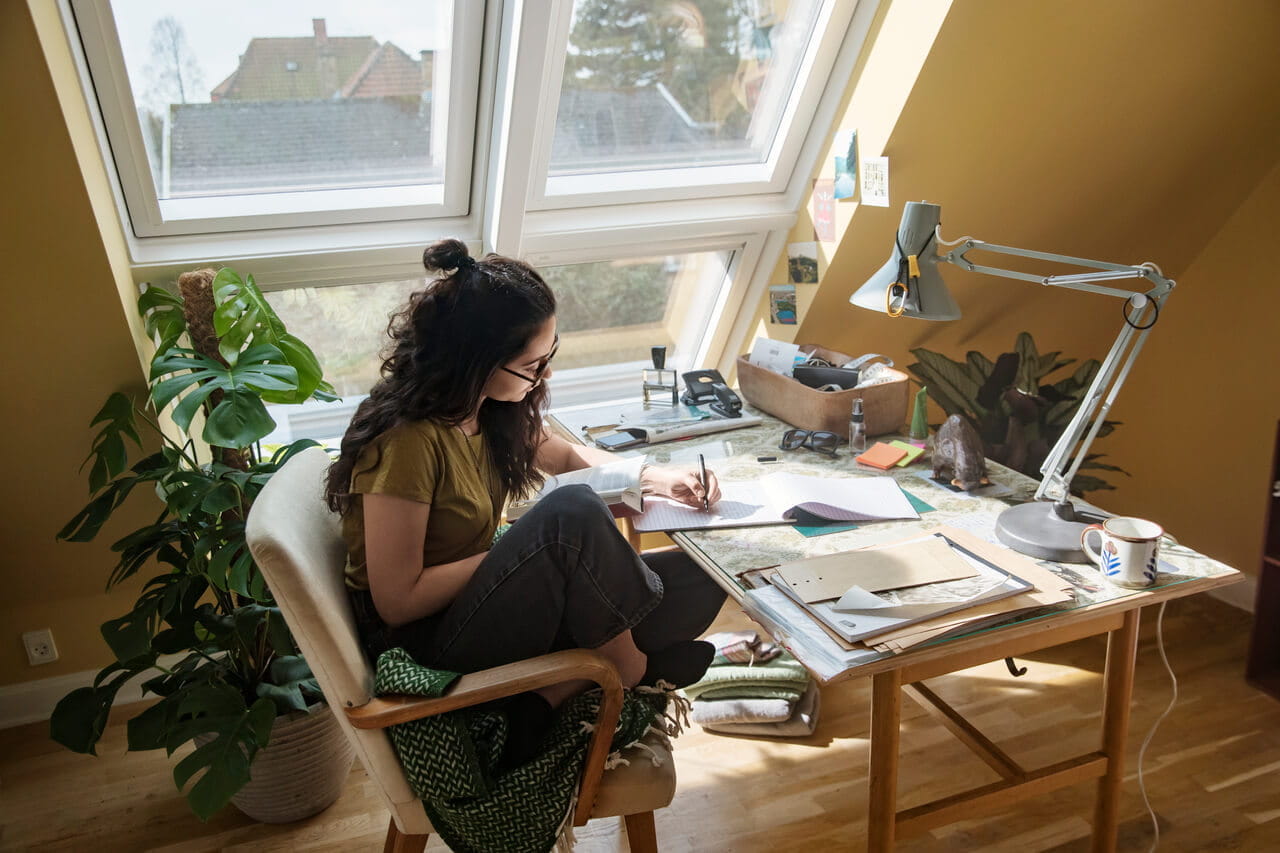6 important steps to consider when building your own house

Before you rush to buy a plot of land and a hard hat, there are some important things to think about so you can avoid the common pitfalls of building your own home.
- Decide your must-have features then get detailed costings to figure out what’s doable for your budget.
- Be prepared for a challenging project and look for support from fellow self-builders and trusted professionals.
- Decide where you will live during the build and be realistic about timescales.
Get clear on what you can afford
One of the first steps to building your own house is to figure out what you can afford to do. This is your chance to create a bespoke home with all the features you’ve ever dreamed of. Marble worktops and infinity swimming pool, anyone? But don’t get carried away without doing the sums. It’s easy to underestimate the costs of “boring” things like building materials and professional fees before you even get to the glamorous extras.
First, figure out how much money is available for the project. This could be a combination of self-build mortgage, cash savings or selling / remortgaging your current home.
Brainstorm a list of your desired features, ranking them from most to least important, then look into these as well as the more general building costs. You can enlist professional help to get detailed costings from a Quantity Surveyor or consult with an architect who can guide you to discover what is feasible for your budget.
Brace yourself for a challenge
If you’ve seen any episode of Grand Designs you’ll know that self-building can be an all-consuming and complex process that requires tenacity, patience and flexibility. It’s best to approach it with an open mind and a willingness to learn and embrace the unexpected.
But “self-build” doesn’t mean “by yourself” build. Reach out to people who have been through the process before you and ask them to share their wisdom and experience. There’s also support and camaraderie to be found in online forums and social media groups where fellow self-builders happily share their learnings, updates and top tips.
Decide when to DIY and when to call in the pros
Do an honest assessment of your skills and decide what parts of the project you want to tackle yourself and where you will need to invest in professional contractors. One of the most common pitfalls of building your own home can be overestimating the amount of work you can take on, so be realistic about how much time you have to give to the project versus what your budget can accommodate.
Perhaps you’re strong on project management skills so would be happy to wield the spreadsheets and keep the build rolling along. If you’ve handled various jobs like tiling or painting in previous home projects, you may wish to save some cash by tackling those yourself. Just be careful to weigh up the time, cost and quality of each task and decide if this is within your skillset or whether it’s better to outsource.
Find accommodation for the build duration
If you’re lucky to have the means to stay in your existing home during your self-build project, you’re all sorted! But many people need to sell up first to release funds. If that’s the case, options include living onsite in a caravan or mobile home, renting a property or moving in with family or friends who have space. Just remember the average self-build construction is 12 months, so you would need to budget for this and bear in mind there may be unforeseen delays.
Consider your return on investment
Many people embark on a self-build with the intention of it being their forever home. But circumstances can change unexpectedly, so it’s worth considering the potential return on investment if you ever need to sell in the future. While you want to create the home of your dreams, think about the amount you’re spending in relation to the value of the property.
